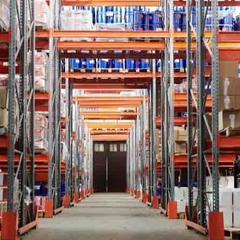
The rise of SMEs in Myanmar
In the not too distant past, there were essentially only two types of businesses in Myanmar. Small family businesses or big conglomerates. Of course there were some SMEs (Small to Medium Enterprises), but they were few and far between. Many of the conglomerates were started by former military and government officials and they still maintained strong ties to The Government. This helped them maintain control of their sector, secure large contracts with the government and military and reduce the risk of competition from up and coming businesses.
The other companies were all the small family run businesses such as restaurants, local grocery stores etc. The families that were running these businesses did not have ambitions to expand or grow their operations, or look at scaling their business. They were focused on tomorrow and maybe the day after.
With the opening of the Myanmar business market and lifting of restrictions imposed by major world powers, Myanmar is seeing a boom in SMEs. Yes, this is partially due to the small to medium-sized multinational companies entering the market. But it is mainly due to the change in the attitude of the younger Myanmar nationals, in particular those returning from overseas, who see Myanmar as a land of opportunities, for those who are willing to take a risk.
A good proportion of the under 30’s foreign-educated candidates we meet have expressed interest in moving to a smaller business to receive training or further education so they can start their own business in the future. Although we do not have sufficient volume of data to say this is a trend, it is a positive sign for the long-term growth of Myanmar. It seems only natural to then ask, what does all this mean for Myanmar? I can only see positive results. The most obvious is the birth of a new middle class. These new SMEs will be bringing in new products, new technology and new approaches to everyday work that will boost the Myanmar economy forward in a way that it has not seen before. These SMEs will also require different equipment, special skills and also other SMEs to provide services that are currently not available in the country. Then many of these SMEs will start to sell their services to the larger conglomerates and The Government. This will create a snowball effect that will make the last 3 to 4 years of rapid growth seem minor by comparison.

 Myanmar
Myanmar

